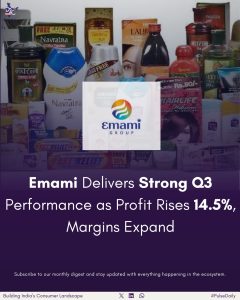Vutto, a used two-wheeler marketplace, recently got $7 million (₹61.4 crore) in Series A funding. RTP Global led the round, and Blume Ventures also participated. This shows that investors are still interested in D2C mobility startups, even though there are difficulties.

Started in 2024 by Rohit Khurana (formerly of Swiggy) and Sitaram Ankilla (formerly of SuprDaily), Vutto is a direct-to-consumer platform where people in India can buy and sell used two-wheelers. Vutto aims to build trust in the fragmented pre-owned market by combining online convenience with physical locations. Customers can view certified vehicles online, test ride them at Vutto’s showrooms, and buy bikes with a six-month warranty, paperwork help, insurance, and financing. This approach has put Vutto in the news and made it one of the fastest-growing brands in the auto-tech scene.
Vutto says it has already sold 1,500 vehicles in its first year, with sales closing in under 12 days per listing, on average. Currently, Vutto has three showrooms in Delhi NCR and plans to use the new funding to expand further in the area and move into new cities. The money will also go towards bettering supply channels, refurbishment, and customer service, which are all important for growing a D2C business in the high-touch used vehicle category.
Vutto has also partnered with banks and financial firms to sell repossessed two-wheelers, setting it apart from competitors. This unique approach makes it stronger than previous companies in the market. While some startups like BeepKart, CredR, and Cars24’s Moto vertical closed down due to low margins and poor economics, investors are still positive about new D2C brands like Vutto, which are focused on trust, efficiency, and growth.
The market has a lot of potential. In FY24, over nine million pre-owned two-wheelers were sold in India, generating about $3.8 billion. The sector has been mainly consumer-to-consumer sales and local dealers, which has led to trust issues, poor paperwork, and inconsistent quality. But D2C startups are changing this by technology and omnichannel models.
Vutto’s funding shows that there is still belief in high-growth mobility solutions. Despite recent shutdowns, the deal suggests that there is interest in different, tech-driven business models that can organize fragmented categories.
As D2C updates in India focus on more than just food, beauty, and fashion, Vutto’s story is a new area for direct-to-consumer businesses in India. If Vutto can successfully grow its model across major cities and smaller towns, it could become a benchmark for D2C brand building in mobility and possibly lead to future IPOs in the auto-tech space.








